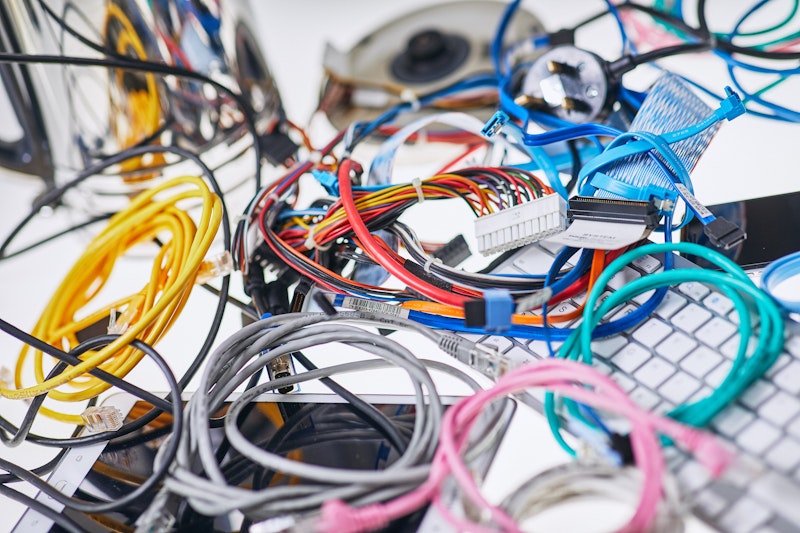3) Food waste is heavy and expensive in other waste streams
Food waste is both heavy and expensive, and it’s easy to see why. Imagine the difference between a scrap filled sandwich box and an empty wrapper. Or compare a soggy paper towel to a dry one. The excess moisture and leftover food add significant weight to general waste.
Considering the charges and cost of general waste collections, Landfill Tax and a potential Incineration Tax, businesses hoping to save money should look to avoid food waste in their commercial waste collections.
At Recorra, we are already helping our customers save money with our Zero to Landfill guarantee. However, making sure food waste does not enter general waste, and particularly our commercial mixed recycling collections, is essential for saving money and achieving real recycling.
4) Food waste is carbon and methane intensive
Food waste is organic waste, meaning it is biodegradable and comes from plants or animals. Framed like this, both the problem and the solutions become clear.
Materials that can biodegrade are good for the environment. Unlike plastics, organic material can essentially disappear, and when disposed of in the correct way, all the goodness can be recycled and used for things like fertiliser which in turn will grow more food. A perfectly circular solution. Find out more about our circular food waste recycling solutions in our Where does my recycling go? Brochure.
Unfortunately though, when in general waste, this biodegradable food waste is decomposed without being around oxygen which results in the production of methane – a greenhouse gas that has up to 80 times the warming power of carbon dioxide!
This is why food, whether it’s waste from restaurants or office food waste collections, has become such a focus in the past few years, both to reduce waste and tackle climate change.





